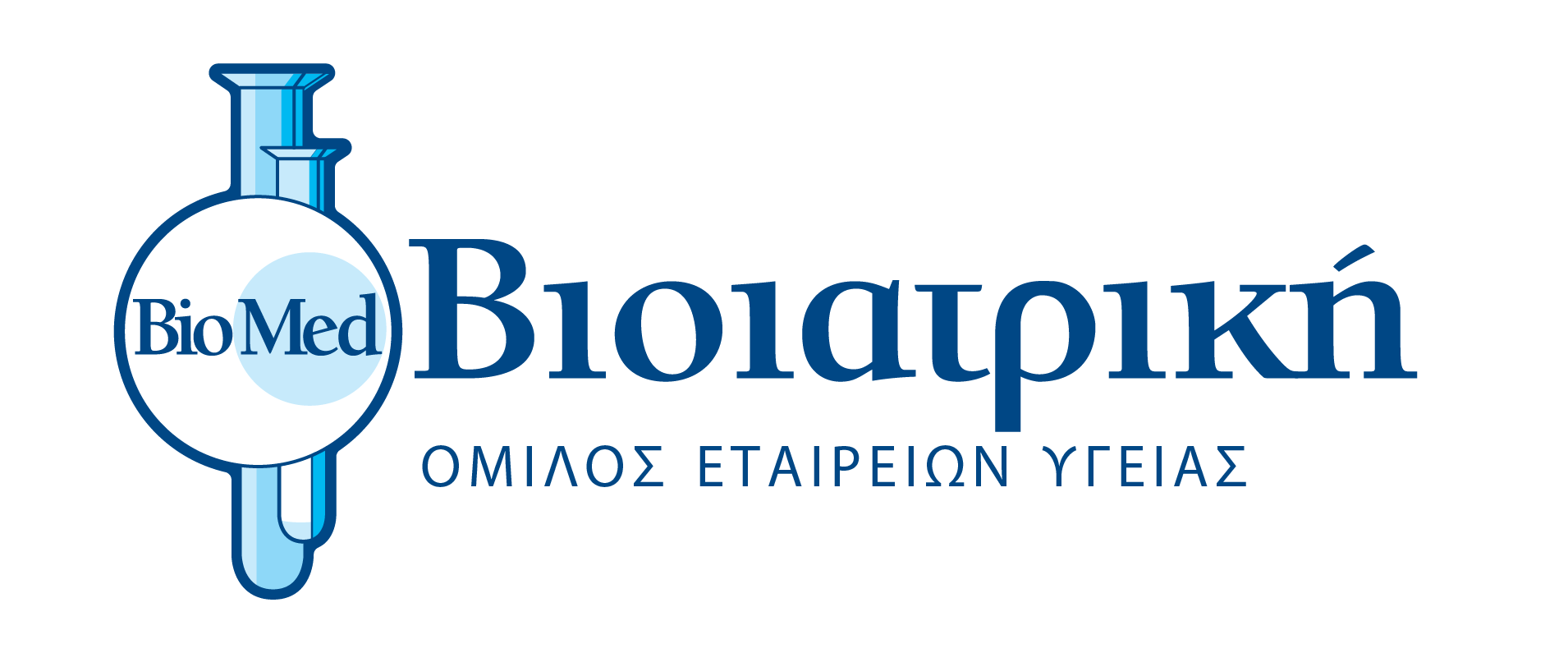
Anastasios Kalogiannis*
It is now time for the state to demand and enforce quality in health services, to set up registers of certified-accredited providers and not just licensed ones.
There are several “pathogeneses” that have been pointed out so far by many providers and users of the Gesy.
In June 2019, after decades of efforts, Cyprus launched the General Health System – the biggest social reform in the history of the Republic of Cyprus, as it is called. Since then, Gesy has succeeded in establishing itself as an institution in the minds of almost 1 million citizens, making access to health services easier and more universal than ever before, despite the fact that the introduction of the system almost coincided with the Covid-19 pandemic, which increased dramatically the challenges and needs of Gesy which was called upon to face them in the first place.
However, after almost four years of operation, the -of course necessary- grace period could be said to have passed. With the quantitative plan of integrating a significant number of providers having been achieved, a new more substantial one is emerging. That of improving the quality of services offered and tackling abuses. These two important parameters, the lack of which erodes the acceptance of the system by citizens and providers, are calling into question Gesy’s long-term success or even sustainability.
There are several “pathogeneses” that have been pointed out so far by many providers and users of the Gesy. Indicatively: Complete absence of quality evaluation criteria for providers, performance and services offered. Gesy’s software architecture whereby beneficiaries search for centers and providers based only on their specialty and location, without other important selection criteria such as accreditation, qualifications (specializations) of scientific staff, type, and quality of technological equipment, etc. All providers are presented as the same, both in their presentation and their compensation, regardless of specializations, or quality criteria of their available equipment. Based on these data, the beneficiary is not informed and protected as much as the freedom of choice that Gesy advocates, while the provider who invests in quality, technical knowledge and innovation is punished for not receiving the proper recognition and reward.
In particular, the use of old equipment of dubious quality and effectiveness is unfortunately widespread, and although it has been the subject of several public debates, no measures have so far been taken to correct this serious distortion. Despite the significant investments made by some providers, in practice we still see an equivalence between those who invest in quality, innovation and knowledge and those who do not, therefore, citizens are unaware of the quality of services they receive, and providers are discouraged from investing. It is therefore absolutely necessary to inform citizens about quality of services, to strengthen the bodies that invest in the quality of services and innovation, and the diversification of the reimbursement model of the Health Insurance Organization which, having ensured a significant adequacy of services offered, must link the reimbursement of these services to the quality and evaluation of units, staff and equipment, checking safety, the adequacy of infrastructure, equipment and human resources, as well as the adequacy of resources, reliability, innovation and efficiency.
In the absence of effective mechanisms for monitoring, evaluation, and practical recognition of the quality of the services offered, we all too often witness abuses of the system, with all that this implies for the health of citizens, but also for the well-being of Gesy, since its resources are wasted.
It is now time for the state to demand and enforce quality in health services, to set up registers of certified-accredited providers and not just licensed ones, to set quality criteria for the equipment used and link these to the reimbursement of examinations, to impose protocols for the implementation of examinations, to give incentives such as tax exemptions or reduced VAT for investments, to drastically limit abuses with strict controls by auditing mechanisms that will operate with experienced staff, breaking down the “communicating vessels”, and to ensure that the quality of health services is not compromised. Knowledge and good practices exist. Will and vision are needed for a quality, reliable, innovative and growth-oriented Gesy, which will inspire confidence in its users, promote and reward quality, and become a pole of economic growth, attracting new investments for the health and well-being of all.
In conclusion, with the private sector having actively supported the entire range of health services after the implementation of Gesy, it is essential from now on to focus on improving quality and tackling abuses. Otherwise, the viability of the system will inevitably be threatened and, most importantly, the Cypriot patient will face the consequences.
* Director of Operations and Business Development of BIOIATRIKI Healthcare Group in Cyprus









